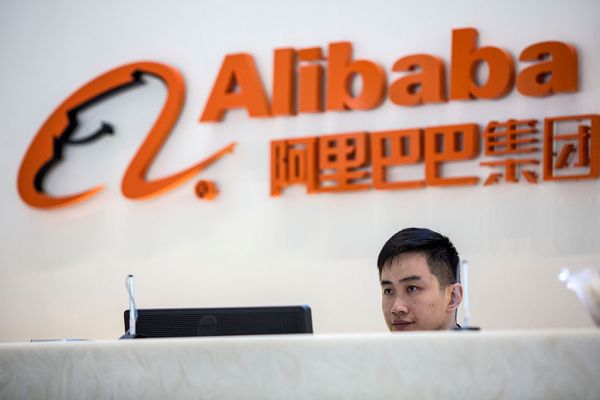Alibaba is doubling down on Southeast Asia after it announced a deal to pay close to $1 billion to raise its stake in e-commerce firm Lazada from 51 percent to 83 percent.
The Chinese firm made an initial $1 billion investment in April 2016 at a valuation of $1.5 billion — this second deal raises that valuation to $3.15 billion, Lazada disclosed. The deal sees Alibaba buy shares from existing backers, including Rocket Internet — Singaporean sovereign fund Temasek and the Lazada management team are the only investors that kept hold of their stock.
“That [valuation] is quite a significant uptick and overall that reflects the great performance and traction that Lazada has seen. It also reflects that Alibaba continues to be extremely positive about this region, doubling down on Southeast Asia and seeing the potential,” Lazada CEO Max Bittner told TechCrunch in an interview.
Bittner declined to provide specific financial figures for the business. But he said that “explosive growth” since the first investment has seen Lazada’s base of merchants increase to over 100,000 with more than 80 million SKUs available to consumers.
Founded by Rocket Internet in 2012, Lazada currently serves six countries in Southeast Asia. It is primarily focused in online commerce, but it expanded into e-groceries with the acquisition of Singapore-based Redmart last year. It also launched an Amazon Prime-style membership in partnership with Uber and Netflix in a move viewed at rivaling Amazon, which is plotting an entry into Southeast Asia before the end of this year.
Perennially overlooked in favor of the larger economies of India and China, Southeast Asia has begun to attract attention as a market primed for growth for internet services. A 2016 report co-authored by Google forecasted that e-commerce in the region is on track to grow to reach $88 billion per year in 2025, up from $5.5 billion in 2015, as internet access becomes more widespread thanks to growing sales of smartphones. For now though, the reality is that Alibaba and Lazada estimate that just three percent of all commerce there is carried out online.
That growth potential has made the region one of a series of bets for Alibaba to diversify its revenue and lessen its reliance on its business in China. While the company is predicting a significant rise in revenue for its current financial year, it is hedging its bets on emerging markets, which also include significant investments in Paytm and Snapdeal in India.
“The e-commerce markets in the region are still relatively untapped, and we see a very positive upward trajectory ahead of us. We will continue to put our resources to work in Southeast Asia through Lazada to capture these growth opportunities,” Daniel Zhang, CEO of Alibaba Group, added via a statement.
Grab and Uber have expanded Myanmar with a view to moving into other lesser-known countries in Southeast Asia. Bittner declined to say if Lazada would follow suit — it hasn’t launched in a new market for three years — but he did say he is open to new opportunities. First of all, though, it is tasked with figuring out how to expand its Liveup membership program and the Redmart service, both of which are limited to Singapore.
Bittner declined to comment on how Alibaba is financing Lazada. He did, however, say that the company is “suitably” funded to compete with rivals such as Shopee, an upstart funded by Sea, Southeast Asia’s highest-valued tech company.
“In comparison to our competitors, who are keen to tell everyone how big their GMV is, we don’t have the need to scream very loud about how much money we raised,” he said.
